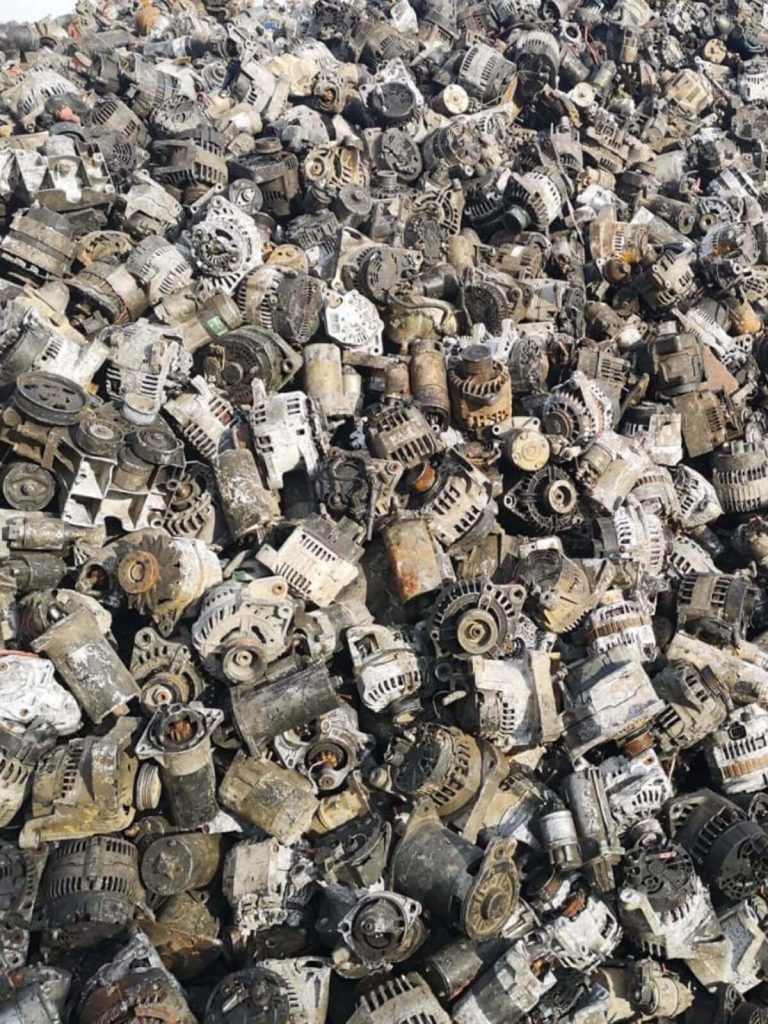Alternator scrap, a consequence of automotive recycling, shows an invaluable source of organic product that has equally financial and environmental significance. Alternators, necessary components in car electric methods, contain various metals, including copper, aluminum, and steel, creating them lucrative goals for recycling. The method of recycling alternator scrap not only plays a role in sustainable resource administration but also offers economic advantages through the healing of valuable metals.
Among the primary metals within alternator scrap is copper, a very sought-after product in the recycling market because of its conductivity and versatility. Recycling copper from alternators reduces the necessity for mining and removal, reducing environmentally friendly affect associated with one of these processes. The recovered copper may be repurposed for different programs, like the generation of new electrical components, thus closing the loop on the material living cycle.
Aluminum is yet another valuable metal contained in alternator scrap. Recycling metal requires significantly less power than removing it from raw ore, making the recycling process more energy-efficient and environmentally friendly. Recovered metal from alternator scrap may be used in the manufacturing of new automotive components, structure materials, and different client goods.
Material is really a popular part in the property and structural aspects of alternators. While metal is one of the most recycled materials internationally, getting it from alternator scrap helps decrease the demand for new steel production, finally lowering energy use and greenhouse gas emissions related to metal manufacturing.
The financial value of alternator scrap is visible in the flourishing scrap steel industry. Scrap meters and recycling services obtain alternator scrap from different places, including automotive repair shops, junkyards, and individuals. This creates a revenue supply for those active in the series and sale of alternator scrap, causing regional economies and fostering a far more sustainable approach to reference management.
Beyond the financial benefits, recycling alternator scrap represents an essential position in waste decrease and environmental conservation. Extracted alternators that result in landfills subscribe to digital spend, posing environmental hazards because of the possible discharge of toxic substances. Recycling ensures that these components are reliably treated, stopping environmental contamination and selling the circular economy.
To increase the healing of useful materials from alternator scrap, advanced recycling technologies are employed. These systems involve functions such as for example shredding, selecting, and reduction to split up and remove various metals efficiently. The usage of buying alternator recycling strategies enhances the effectiveness of alternator scrap recycling procedures, creating them more environmentally sustainable.

In summary, alternator scrap presents an invaluable reference with financial and environmental benefits. The recycling of alternator scrap plays a part in the conservation of valuable metals, reduces the environmental influence of metal extraction, and fosters a sustainable method of reference management. Because the automotive industry continues to evolve, the responsible recycling of alternator scrap represents an essential position in creating a more circular and eco-friendly economy.
